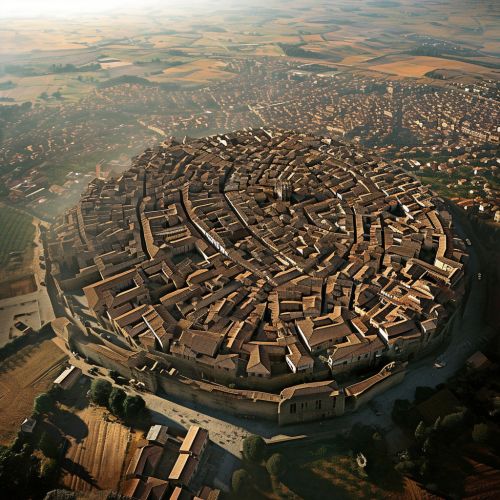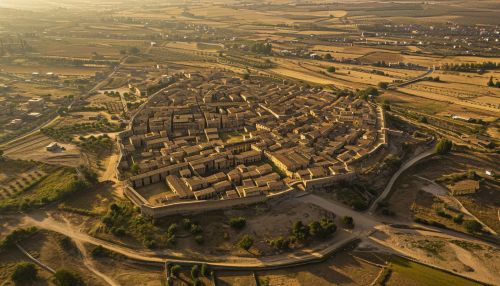Leonardo of Pisa
Early Life
Leonardo of Pisa, also known as Fibonacci, was born in Pisa, Italy around 1170 to a wealthy and influential Italian merchant named Guglielmo Bonacci. His father was a consul for the Pisan trading colony in Bugia, now known as Béjaïa, a Mediterranean port in northeastern Algeria. As a young boy, Leonardo traveled to Bugia with his father and was introduced to the Hindu-Arabic numeral system, which was unknown in Europe at the time.


Mathematical Education
In Bugia, Leonardo studied under an Arab mathematician, learning about the Hindu-Arabic numeral system and its mathematical principles. This system, which includes the digits 0 to 9 and a positional number system, was far superior to the Roman numeral system used in Europe at the time. Leonardo recognized the importance and efficiency of this system and later brought it to Europe.
Contributions to Mathematics
Leonardo returned to Pisa around 1200 and over the next several years, he composed several texts that played an instrumental role in rejuvenating ancient mathematical skills and introduced new concepts to Europe. His most notable work, Liber Abaci (Book of Calculation), was published in 1202. This book introduced the Hindu-Arabic numeral system and the use of Arabic numerals to the Western world. It demonstrated the practical importance of the new numeral system by applying it to commercial bookkeeping, converting weights and measures, calculation of interest, money-changing, and other applications.
In Liber Abaci, Leonardo also introduced the sequence of Fibonacci numbers, which are now named after him. This sequence, in which each number is the sum of the two preceding ones, appears in many different areas of mathematics and science.
Another significant work by Leonardo is Practica Geometriae (Practice of Geometry), published in 1220. This book is a compilation of mathematical knowledge of the time, including theorems from Euclid and methods from Arabic algebra.
Legacy
Leonardo of Pisa's contributions to mathematics had a significant impact on the scientific and commercial revolution in Europe during the Middle Ages. His introduction of the Hindu-Arabic numeral system greatly simplified calculations and paved the way for the development of algebra and calculus. Today, Leonardo is regarded as one of the most influential mathematicians of the Middle Ages.
